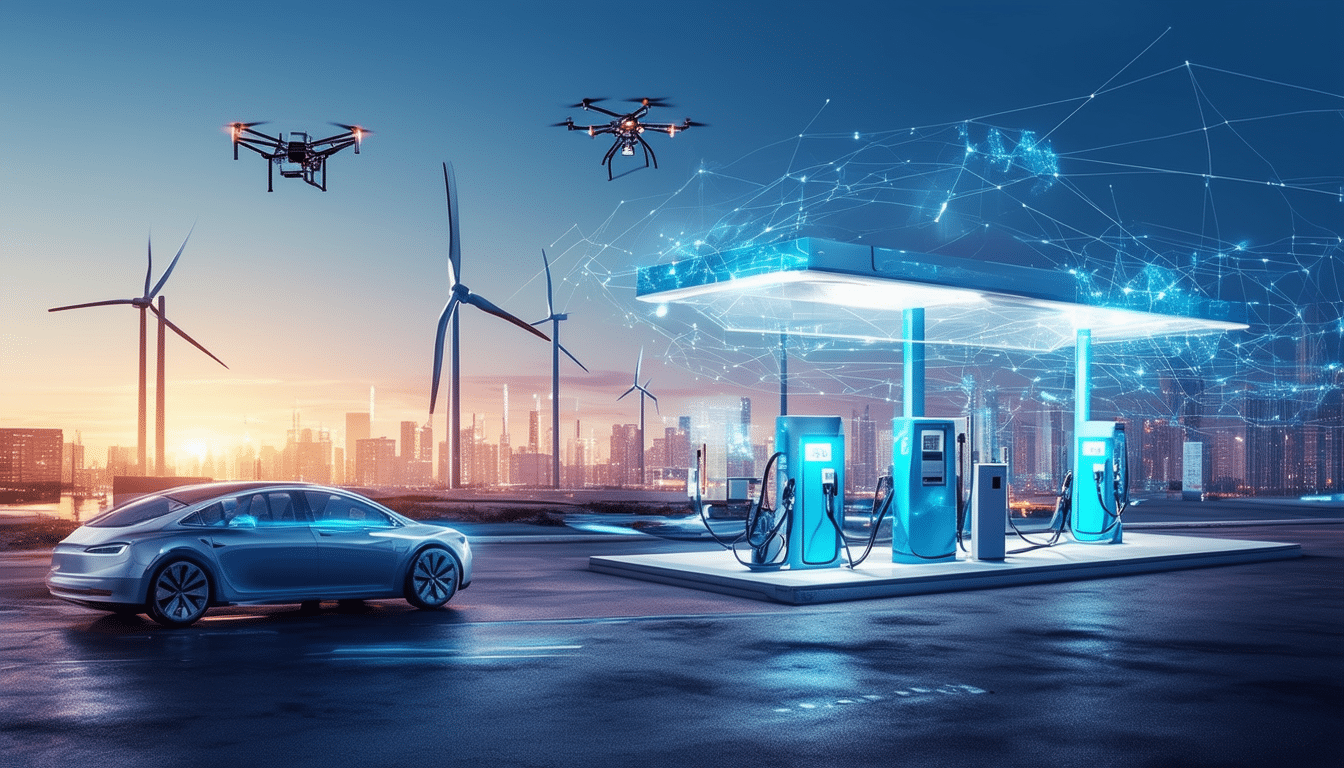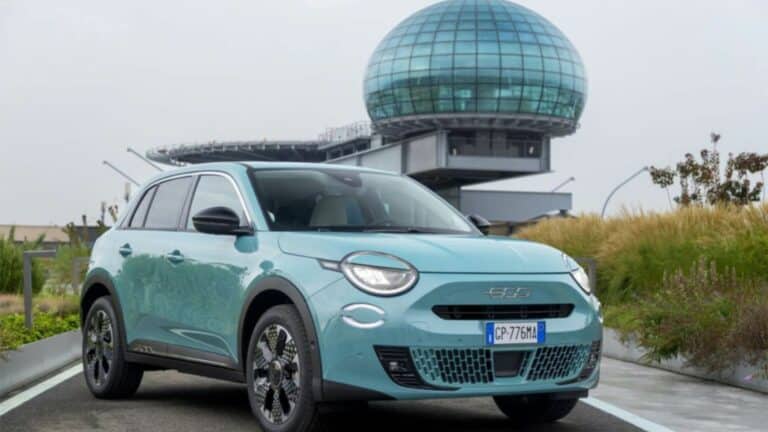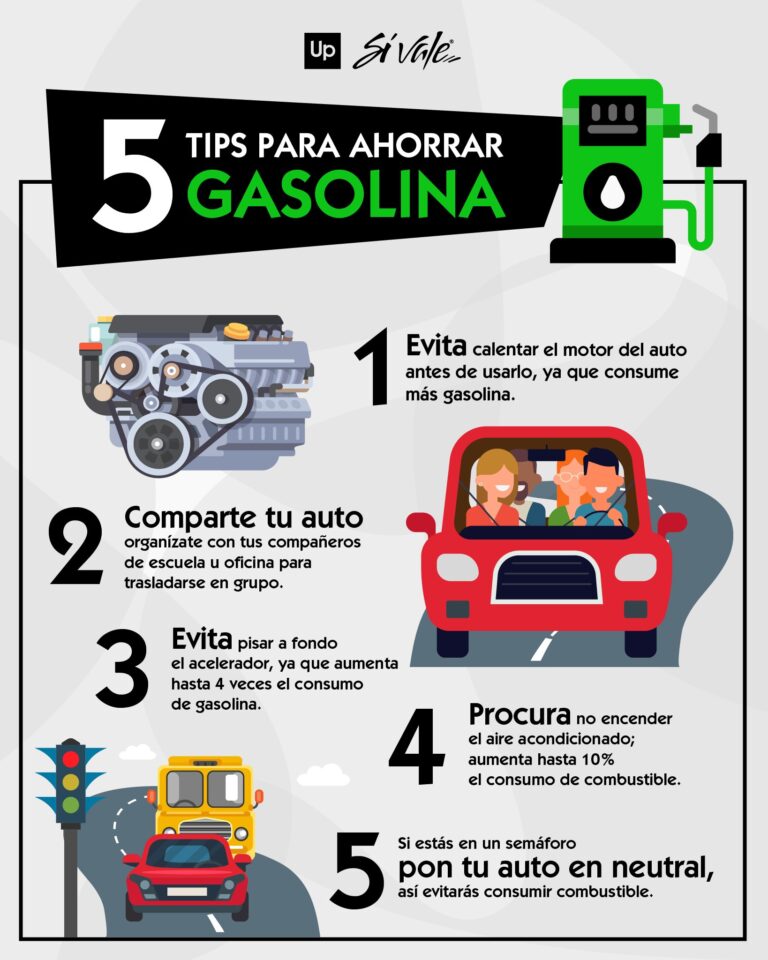The role of technology in fuel economy

The technology plays a fundamental role in the fuel economy, transforming the way energy resources are produced and consumed. Through innovations such as monitoring systems, fuel consumption is optimized in various industries, while renewable energies, such as solar and wind, allow for a reduction in reliance on fossil fuels. The implementation of digital technologies and smart solutions translates into significant savings, contributing not only to energy efficiency but also to a more sustainable future in which the economy and the environment go hand in hand.
The impact of technology on fuel economy is a crucial topic today, as innovations are changing how energy is produced and consumed. From the incorporation of smart systems for optimizing fuel consumption to the development of new biofuels, technology offers tools that allow for improving energy efficiency, reducing costs, and decreasing environmental impact. This article will examine the different ways in which technology influences this area and how current trends are shaping the future of fuels.
Technologies that optimize fuel consumption
Several technological innovations have enabled the optimization of fuel consumption. Tire control and inflation systems are a clear example, as they help maintain the proper pressure, which improves fuel efficiency. Other devices like skirts and tailboards for trailers also contribute to reducing consumption by improving vehicle aerodynamics.
Vehicles with Start-Stop technology
Vehicles equipped with Start-Stop systems are another notable innovation. This technology automatically turns off the engine when the vehicle is stopped and starts it again when the accelerator is pressed. This mechanism reduces fuel consumption in traffic situations, significantly contributing to energy savings.
Monitoring and maintenance of fleets
The use of monitoring technologies is also essential for optimizing fuel consumption in fleets. Through fleet management systems, it is possible to schedule preventive maintenance and prevent mechanical problems that could lead to increased fuel consumption. This practice ensures that vehicles operate under optimal conditions, extending their lifespan and reducing operating costs.
Trends in renewable energies
The shift towards renewable energies, such as solar and wind, is transforming the energy market. The integration of systems that harness these energy sources reduces dependence on fossil fuels and decreases the long-term production cost of energy. This change not only benefits the environment but also saves financial resources, which constitutes a significant boost for fuel economy.
Biofuels as a sustainable alternative
Biofuels are gaining ground as a sustainable alternative to fossil fuels. The potential for them to be produced at a lower cost than oil could transform the global energy economy. With the emergence of new production methods, biofuels are emerging as a viable solution for reducing carbon footprints in various sectors.
Challenges and opportunities
Despite advancements, the fuel industry faces multiple challenges. The adaptation and regulation of new technologies, as well as the critical situation of climate change, require a strategic approach to mitigate risks and seize opportunities. Government regulations and incentives for adopting clean technologies are essential to facilitate an effective energy transition.
Education and awareness
Education about energy efficiency and the responsible use of resources also plays an important role in fuel economy. Knowing the available technologies and how to use them can result in significant savings for consumers and businesses. Educational projects and campaigns can provide the community with valuable information to promote a more sustainable use of energy.
Conclusion
The path towards a more sustainable, efficient, and conscientious fuel economy is marked by technological innovation and the transformation of energy policies. Collaboration between sectors, investment in emerging technologies, and social commitment are key to addressing current and future challenges.
The technology plays a fundamental role in improving the efficiency of fuel consumption, which translates into significant savings for consumers and a reduction in environmental impact. As innovations arise in the sector, vehicles and transport systems become more capable of minimizing the use of fossil fuels while optimizing their performance. From advanced navigation systems to precise engine regulation, technological contributions have enabled users to reduce their operating costs.
Emerging technologies, such as biofuels and electric charging stations, provide sustainable alternatives that help decrease dependency on traditional fuels. These innovations have the potential to transform the energy landscape, making biofuels more competitive than oil in economic terms. This will not only benefit consumers through lower prices but will also help nations achieve their sustainability goals.
Furthermore, the use of monitoring technologies allows vehicle fleets to be maintained in optimal conditions, avoiding breakdowns that lead to higher fuel consumption. With proper maintenance management, a more efficient use of every liter is achieved, significantly contributing to cost reduction in transportation.
In conclusion, technological advancement drives a significant change in the fuel economy, benefiting both users and the environment. With the commitment to adopt and develop new technologies, we can move toward a more sustainable and efficient future in the use of energy resources.




